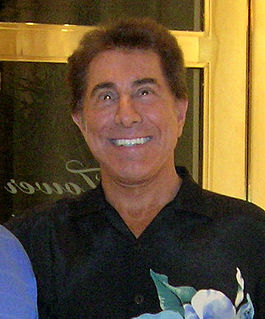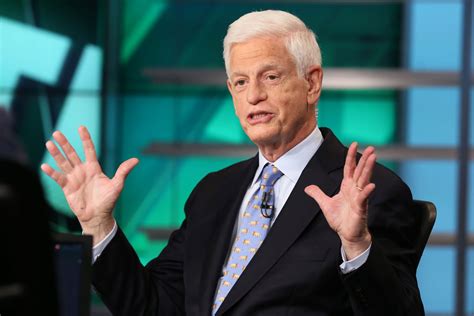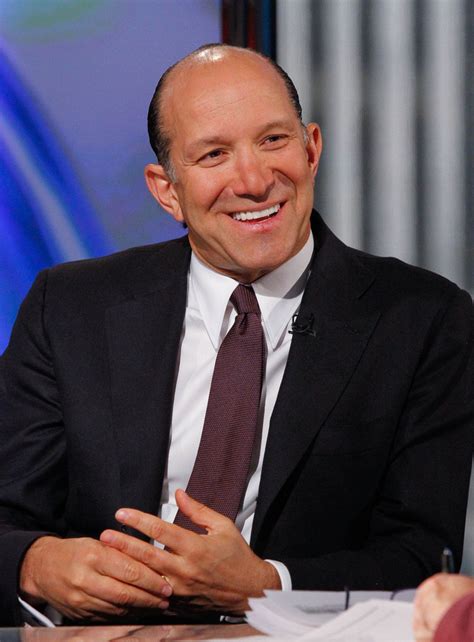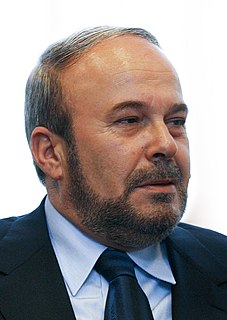A Quote by Eric Schneiderman
We can prevent unfair advantage, and we can avoid the destabilizing effect that high frequency trading can have.
Related Quotes
I have very little respect for the integrity of the trading on the exchange in most stocks. And I have particular disdain for the fact that the SEC has failed to deal with high-frequency traders who are doing nothing more than taking advantage of inside information, a buy or a sell order, because of technology advantages.
In a flash order transaction, buy or sell orders are shown to a collection of high-frequency traders for just 30 milliseconds before they are routed to everyone else. They are widely considered to give the few investors with access to the technology an unfair advantage, even by some of the marketplaces that offer the flash orders for a fee.
Blockading squadrons are a means whereby nations seek to prevent their enemies from trading; protective tariffs are a means whereby nations attempt to prevent their own people from trading. What protectionism teaches us, is to do to ourselves in time of peace what enemies seek to do to us in time of war.
...I do like the low frequencies. It's from years and years of observing audiences when they hear a lower frequency coming from an instrument it tends to pull them in. You have to listen a little more attentively. High frequency instruments hit you so hard, after a while the ear has a tendency to want to shut down. And that's what happens. I've been able to observe very carefully how people tend to get very tired of listening to high frequencies a lot.

































